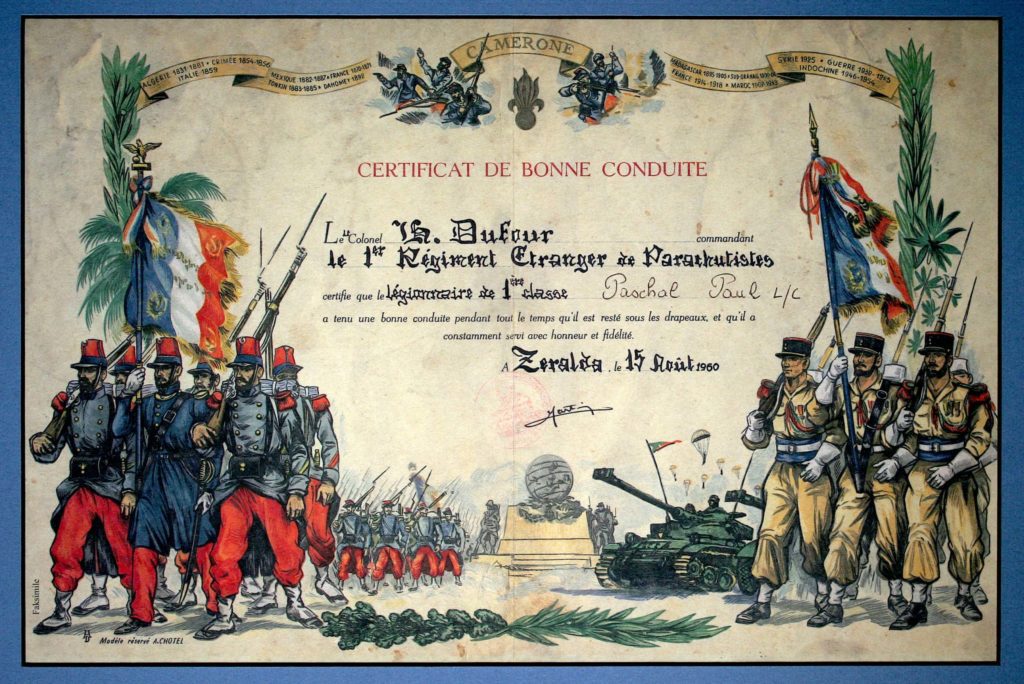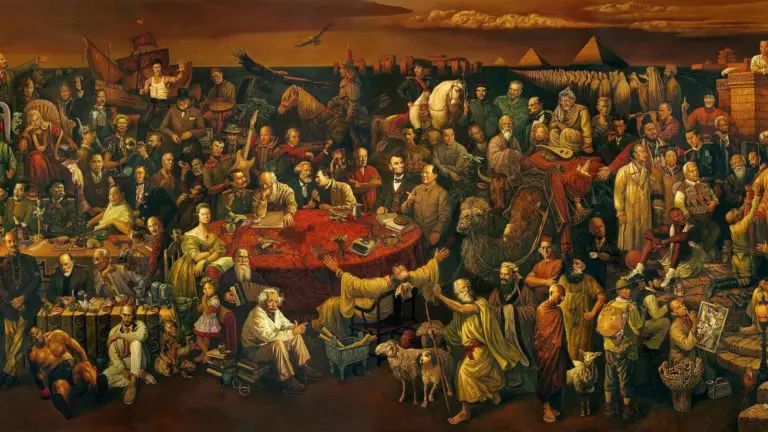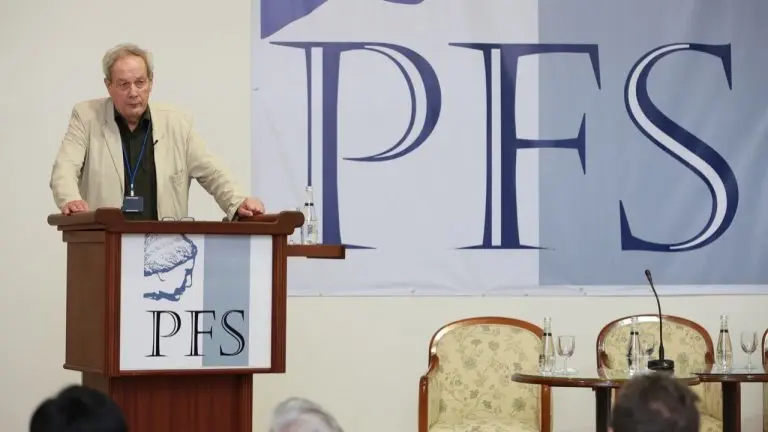Since the Second World War, Western foreign policy has been consistently interventionist. From Korea to Kosovo, Vietnam to Afghanistan, America and her allies have sought to maintain global stability by leveraging the full range of diplomatic and military tools within their arsenal. An increasingly globalised world has led to the consensus that the West has a responsibility to confront evil and alleviate suffering wherever it can. But perhaps the most hotly debated examples of western intervention in the 21st century have been those interventions which have transformed into state-building missions, most notably in Afghanistan and Iraq. State-building goes beyond peacekeeping interventions and is the attempt to establish western institutions, law enforcement agencies, and cultural norms in foreign countries—in the hope that, once adopted, they will be transformative in those countries and their region.
The fall of Afghanistan in the final months of 2021, has called the whole project of ‘state-building’ into question and prompted a sobering bout of introspection in the West. A litany of questions has haunted foreign policymakers following the failure of the Iraq and Afghanistan campaigns. Does the West have a moral obligation to advance democracy, the rule of law, and human rights in far-flung nations? Do such interventions ultimately do more harm than good? Is nation-building ever achievable, or should we limit ourselves to more narrow strategic interventions?
For conservatives, there seems to be a fundamental tension underlying these questions. Conservative thinkers tend to be moral realists; that is to say, they believe in a universal moral order which directs all humans towards created natural ends and imposes moral obligations upon them. When Churchill was attempting to persuade the American people to join the greatest foreign policy intervention of the 20th century, he said, “something is going on in space and time, and beyond space and time, which, whether we like it or not, spells duty.” The conservative qua moral realist is likely to feel compelled to intervene in foreign affairs and is unlikely to be deterred by arguments of moral relativism (for example, the argument that Saddam Hussein’s dictatorship was culturally normative).
On the other hand, the leading lights of the tradition have argued that humans are profoundly shaped and sustained by the institutions they live in. It follows from this that overturning complex social structures that have organically evolved through generations can lead to disaster and even despotism. Thus, the most cogent articulations of conservatism were offered in the aftermath of the French Revolution. Commentators like Edmund Burke were horrified by the revolutionary desire to upend, rather than reform, France’s ancien régime. The Jacobins, the most extreme revolutionaries, sought to entirely extirpate France’s deep-rooted culture and found a new society based upon reason alone. Burke was equally appalled by their ambition to spread their movement abroad and subsume all of Europe into this new religion of reason. The conservative qua conserver is likely to feel deep discomfort at the idea of a foreign policy seeking to reinvent an established social order through root and branch change.
How then should conservatives think about questions of foreign policy? Can these seemingly opposing instincts be held in tension? In the work of Edmund Burke, we find an answer. It lies in the recognition of two theological truths: firstly, there is indeed a universal moral order, the basic precepts of which are comprehensible through reason; secondly, humans are fallen, our vision is fragmentary, and our discernment flawed. These two truths point us to the importance of prudence: the ability to tentatively discern the right course of action, according to general moral principles, while having the humility to realise that we act in a deeply complex world.
Edmund Burke, the father of conservatism, was writing in the 18th century, a time when many of these questions were simmering under the surface of British foreign policy. Burke spent over ten years of his life attempting to impeach the Governor-General of Bengal, Warren Hastings, whose conduct in India appalled Burke. He forcefully argued that Hastings had acted in violation of the natural law: “We are all born in subjection—all born equally, high and low, governors and governed, in subjection to one great, immutable, pre-existent law.” Burke was clear that the moral law was everywhere applicable; the fundamental demands of justice in India were the same as in England.
It was this same moral realism which convinced Burke of the need to confront what he perceived to be wicked foreign regimes. In September 1792, France had descended into despotism. In Paris, prisoners were slaughtered in a bloody series of massacres. Most British parliamentarians, including Pitt’s government, were against intervention, because France ostensibly posed no threat to Britain. Yet Burke urged Pitt to intervene with military force against the revolutionary terror of France, protesting that:
[A] more mischievous idea cannot exist than that any degree of wickedness, violence and oppression may prevail in a Country, that the most abominable, murderous and exterminatory Rebellions may rage in it, or the most atrocious and bloody tyranny may domineer, and that no neighbouring power can take cognizance of either, or afford succour to the miserable Sufferers.
Yet despite Burke clearly showing an interventionist impulse in the face of despotism, he displayed a profound respect for the plurality of cultures and customs which had arisen in other nations. Burke knew that the manners and customs that define a nation incrementally evolve over generations. From a theological perspective he recognised that the principles of natural justice do not give a blueprint for any one set of institutions, but rather find localised forms which are suited to the temperament and history of a people. He was therefore resolutely opposed to the idea that abstract ideas of institutions could (or should) be imposed from above:
I never was wild enough to conceive that one method would serve for the whole, that the natives of Hindostan and those of Virginia could be ordered in the same manner, or that the Cutchery court and the grand jury of Salem could be regulated on a similar plan.
Burke was writing at a time in which political theorists were arguing that perfect forms of government could be deduced by an abstract, speculative reason, in a manner similar to geometry. Burke tells us that “government [is] a practical thing, made for the happiness of mankind, and not to furnish out a spectacle of uniformity to gratify the schemes of visionary politicians.” Burke’s central contention was that government comes in an “infinite diversity of forms, according to the temper and circumstances of every community.” He lamented the fact that “[t]here are people who have split and anatomized the doctrine of free government, as if it were an abstract question … and not a matter of moral prudence and natural feeling.” And he argued that for such people, “every government is called tyranny and usurpation which is not formed on their fancies.”
Burke’s work is a poignant reminder that the most dangerous foreign policy is forged in the white heat of self-righteousness. The 18th-century prophets of reason had come to believe that, through reason, they had reached the zenith of political order and that this order would redeem mankind. When there is an over-identification of moral good with human institutions, it is easy to become zealous to redeem the world with the saving might of our own achievements. Conservative political thought, as far back as Richard Hooker, has resisted this impulse, in the belief that humans are fallen, our knowledge is fragmentary, and we are not ultimately the source of our own redemption.
This is not to say that there are not better and worse forms of political order; there clearly are, and Burke believed as much. But those who seek to translate political forms wholesale miss the fact that Western institutions are an accretion of at least a millennium of gradual, bloody, and grinding evolution, forged from the raw material of a Judeo-Christian theology. Like a pair of ill-fitting shoes, institutions provide a precarious means of progress—if a nation’s culture and beliefs must be wedged into them.
In the end, it is our beliefs which give life to our institutions, not the other way round. Democratic institutions are necessarily undergirded by a metaphysical belief that men and women, rich and poor, black and white, have an equal worth, and therefore an equal stake in the political consensus. The national scope of our institutions presupposes that the different ethnic or regional loyalties of a people are ultimately subjugated to a broader fealty to the nation. Legal institutions presuppose a belief that there is a higher law, to which all subordinate laws are accountable, and that for this reason no politician or prince is above the law of the land. These beliefs are quite clear in the English common law tradition; it would be a mistake to assume they persist in all cultures around the world.
There is a second point that should make conservatives nervous about enduring foreign interventions. If the strategic ends are not tightly circumscribed and formulated into achievable military goals—if they are broad, ambiguous and ideological in nature—then there is a very real danger that invading armies can follow in the footsteps of such revolutionary heroes as Maximilien Robespierre. They begin with benign intentions and popular support, but as the stakes are raised and blood is spilled, every other consideration of liberty, order, and justice becomes subjugated to an ideological vision that continually recedes into the distance. In such circumstances, saviours can soon become oppressors. Once again, having the humility to know our limitations is a bulwark against this danger.
What then is the conservative approach to the question of foreign policy intervention? The answer is reassuringly inconclusive: it depends. Conservatives should be deeply attentive to established forms of social and political order, to the imperfectability of humans, to the tone and texture of human culture wherever it is found. As Burke put it, “circumstances are what render every civil and political scheme beneficial or noxious to mankind.” He reminded us that “you have theories enough concerning the Rights of Men. It may not be amiss to add a small degree of attention to their Nature and disposition. It is with Man in the concrete . . . you are to be concerned.”
Conservatives should recognise that there are moral outrages which demand action and, when all other avenues lie exhausted, some evils must be barred by the strong arm of military force. On other occasions, however agonisingly, we must exercise restraint, in the knowledge that intervention may proliferate even more profound evils.
Above all, perhaps, we must remember that the final word is not ours alone. In matters of foreign policy, Immanuel Kant’s precept that “ought implies can” should never be far from our moral reasoning. There is no nation or empire on earth that is able to or sanctioned to arbitrate upon all injustices. On this, the last word should belong to Edmund Burke: “Please God, I will walk with caution, whenever I am not able clearly to see my way before me.”





